
Delegates in front of Dome of Rock – Can you tell who are Christians and who are Muslims? Neither can we, but what’s clear is that they are all Palestinians.
‘
Istanbul, 30 Jumadil Awwal 1438/27 February 2017 (MINA) – Held in the Turkish capital Istanbul, the conference was attended by over 4,000 people from 50 countries.
Also Read: Israel Allows Only One-Third of Agreed Aid Trucks Into Gaza
Mona Hawaa, a Palestinian who holds the Sudanese passport spoke of her cosmopolitan identity. “I am Sudanese, I love Sudan. I have lived around Sudanese people. I know their country, I know their culture, I know their tribes and I speak in their dialect better than they do. But does that make me less Palestinian? No.”
Identity is a unique and personal concept and having a complicated identity, or setting up a home somewhere else is not a betrayal of your roots, MEMO quoted Hawaa as explaining..
Everyone had something unique to offer; from music, to poetry, videos, to art and personal stories.
Daniel Al Hadawa, who arrived from Chile, said: “They promised us if we recognised Israel, settlements will end, the oppression will end, our right to movement would be realised and our struggle would be over.”
Also Read: Israeli Occupation Army Kills Four More Gazans in New Ceasefire Violation
“The opposite happened and we have been betrayed.”
“Many forget that Christians are Palestinians too. We are a community of both Christians and Muslims. As a Christian, I identify with the Muslim community,” he added stressing the unity that the conference highlighted and stressed.
Writer Dr Salman Abu Sitta called for there to be an organised manner for Palestinians in the diaspora to unite, identify and connect.
A member of Lammeh, a production group produced a video interviewing Palestinians in the diaspora, added that no matter what, Palestinians “learn different languages as we scatter, but we always return to our Palestinian dialect”.
Also Read: Hamas Delegation Discusses Israeli Ceasefire Violations in Cairo Meeting
Variety of passions
Just as they came from different parts of the world, they came with different passions and talents that they brought together for their love for Palestine.
Film producer Younis Abou Saleh spoke of how he uses film to invoke sympathy for the Palestinian cause and to raise awareness for what is happening to “his people”. He was also open about how difficult it is to convince others of his projects when he suggests a project on Palestine.
Also Read: Hezbollah Confirms Senior Commander Ali Tabatabai Killed in Israeli Airstrike on Beirut
“What I do instead is I tell the story and after they ask where I get my inspiration from, I tell them it’s inspired by Palestine. People still don’t understand the urgency of the struggle and the extent to which the Palestinian people are suffering.”
Comedian Nicholas Khoury said: “They always ask me how I can laugh when my people are under occupation, I don’t understand this. Think back, have you seen your grandparents who went through the Nakba refuse to laugh, or smile after what happened to them? If anything, they laugh even more because we need laughter. Laughter helps us realise our situation and helps us move forward.”
“We’re living in times in which the comedian is listened to and the politician is laughed at.”
Rama Ibrahim engaged the crowd playing Mawtiny (My nation) on the qanun. The audience raised their flag and their voices to accompany her music.
Also Read: Israel Committs 497 Ceasefire Violations, Killing 342 and Injuring 875
“We will return”
The attendees watched yesterday with mixed emotions. There was pride for their homeland, joy that Palestinians throughout the world and through the many generations still hold their identity and love for their country.
Many were visibly moved listening to the stories of those in the diaspora and remembering the suffering of Palestinians inside The occupied territories, but most importantly, there was hope.
Also Read: Israel Moves to Shape Ground Reality in Gaza Ahead of International Troop Deployment: Report
But the message remained throughout: “We will return.” (T/RS05/RS01)
Mi’raj Islamic News Agency (MINA)
Also Read: Israeli Occupation Forces Detain 11 Palestinians,a Including Child, in West Bank Raids





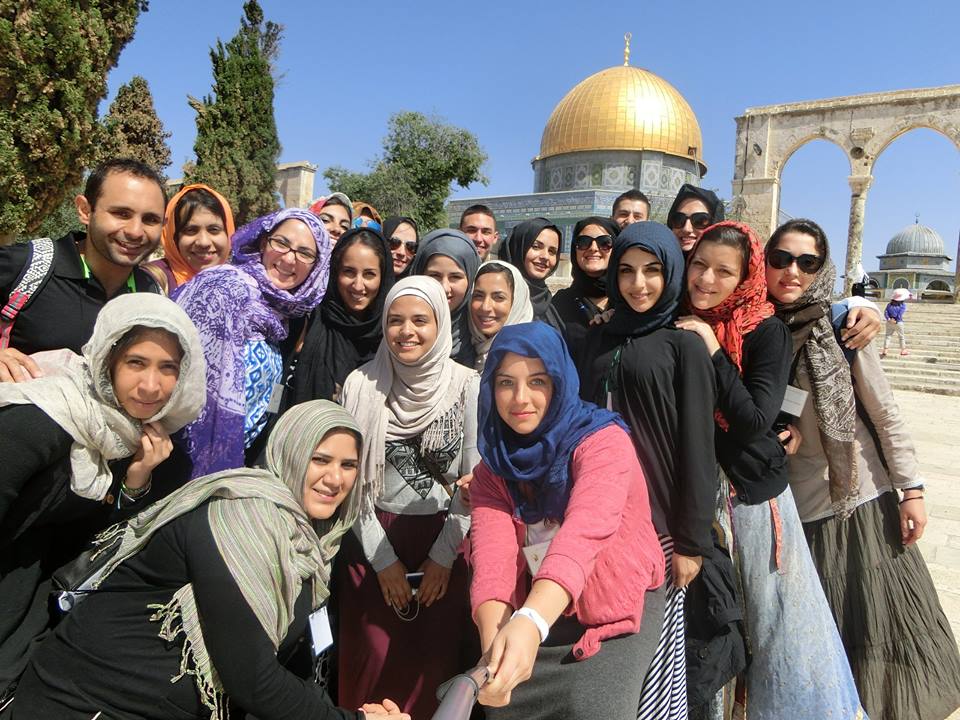

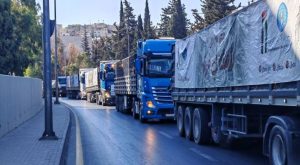
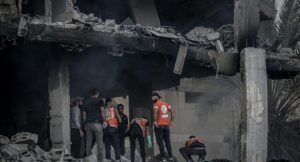


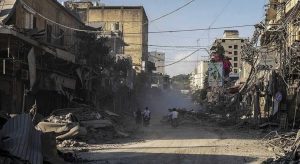
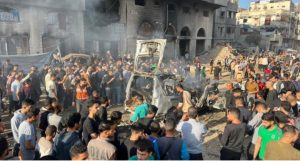
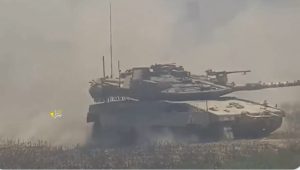
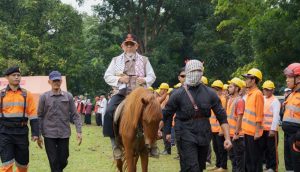
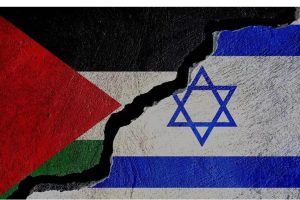
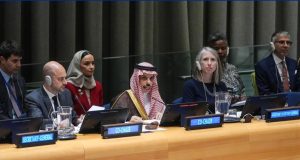
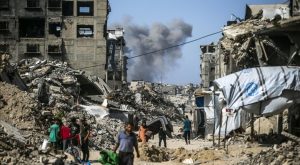

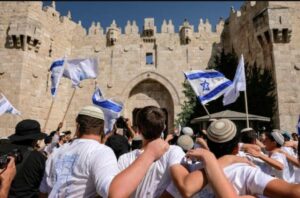
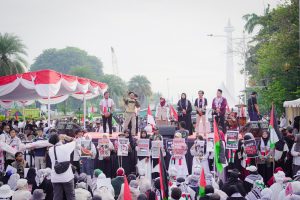







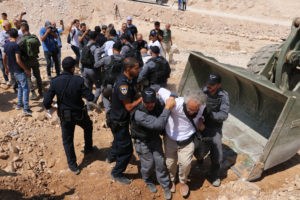






 Mina Indonesia
Mina Indonesia Mina Arabic
Mina Arabic